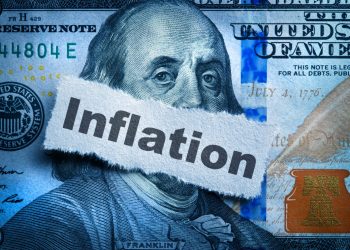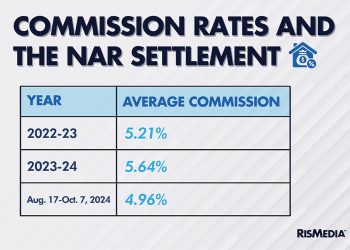Homeowners with positive equity in their homes have fewer problem loans and are outperforming the national average for defaults. Their default rates are close to pre-crisis norms.
The latest data from Lender Processing Servicers shows that the overall equity trend has been a very positive one. “LPS’ latest data shows that the share of loans with LTVs greater than 100 percent has fallen 41 percent from a year ago. In total, there were approximately 9 million such loans, or about 18 percent of active mortgages. Some states, including the so-called ’sand states’ (Arizona, Florida, Nevada and California), are still well above the national level, at an average 28 percent, but they, too, have seen improvement over the last year, with negative equity dropping over 40 percent across those four states since January 2012, says LPS Applied Analytics Senior Vice President Herb Blecher.
However, March data also showed that the further underwater a borrower gets, the higher those problem rates rise. Borrowers with loan-to-value (LTV) ratios of just 100-110 percent are actually defaulting at more than twice the national average. For those 50 percent or more underwater, we see new problem rates of 4 percent.
“There has always been a clear correlation between higher levels of negative equity and new problem loan rates,” Blecher says.
LPS reported foreclosure starts were down 8.2 percent month over month, while foreclosure sales rose 10.1 percent. LPS looked more specifically at that situation in California, where the recent passage of the Homeowner Bill of Rights (HBoR) appears to have slowed down the foreclosure sale process considerably. In Q1 2013, foreclosure sales nationally (excluding California) increased 13 percent from Q4 2012, whereas in California they fell 35 percent during that same period.
However, the HBoR does not seem to have had a similar effect on the state’s foreclosure starts which, while down significantly from 2012 levels, are in line with the rest of the nation’s decline in referral activity following the attorneys general mortgage settlement and FHA modification initiatives.
The March Mortgage Monitor report released by Lender Processing Services found that new problem loan rates (seriously delinquent mortgages that were current six months ago) have fallen below 1 percent for the first time since 2007. At 0.84 percent, the March new problem loan rate is approaching pre-crisis levels, and nearing the conditions of 2000-2004 when the rate averaged 0.55 percent.
For more information, visit www.realestateeconomywatch.com.









